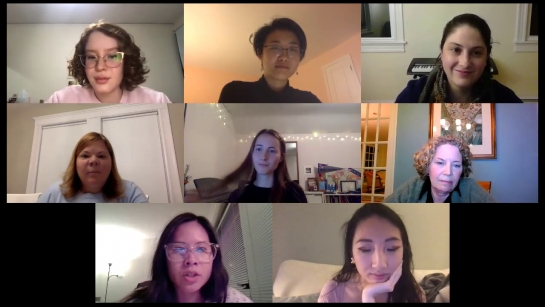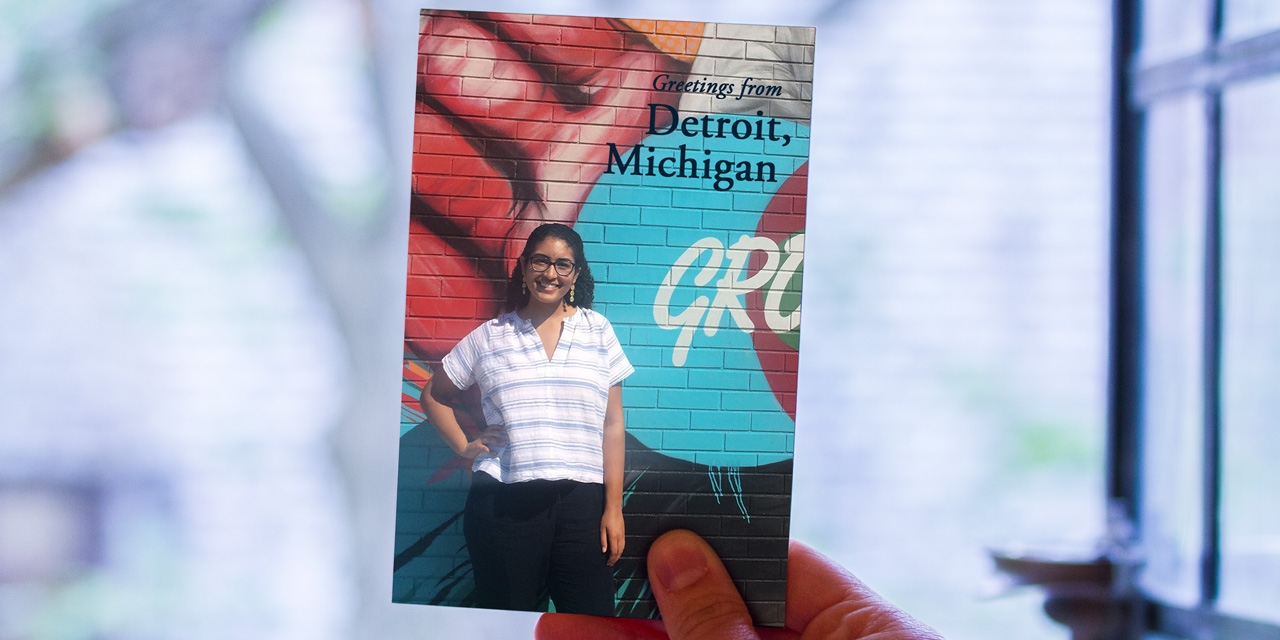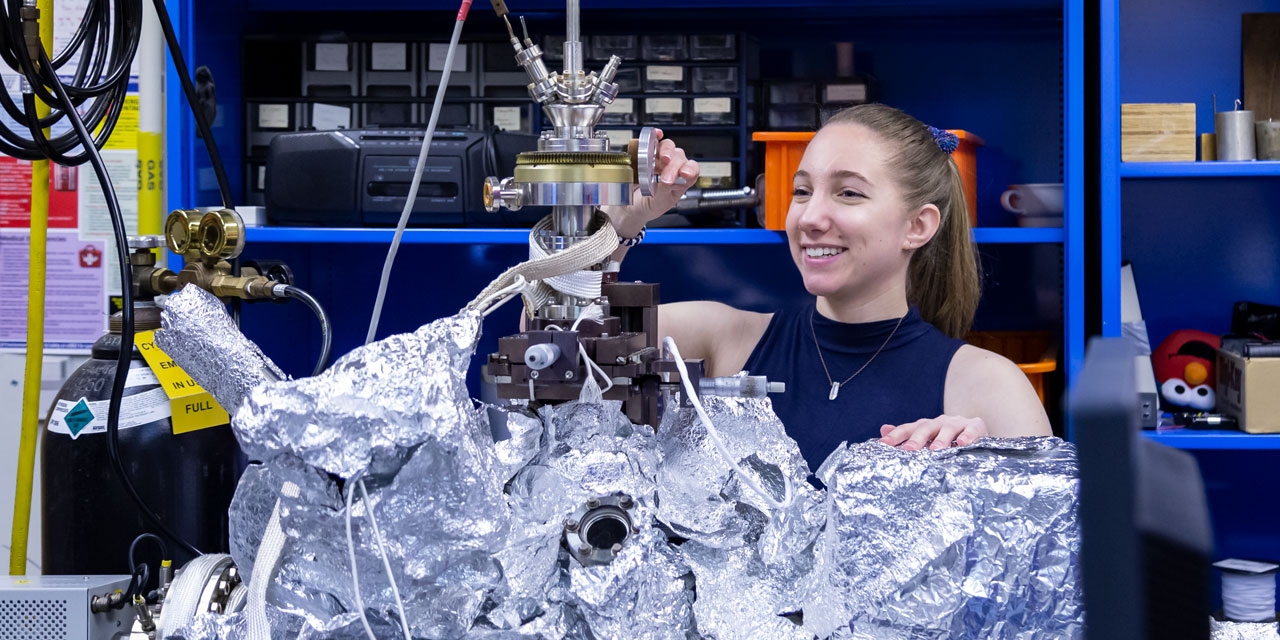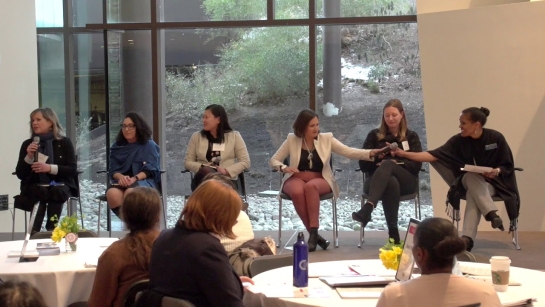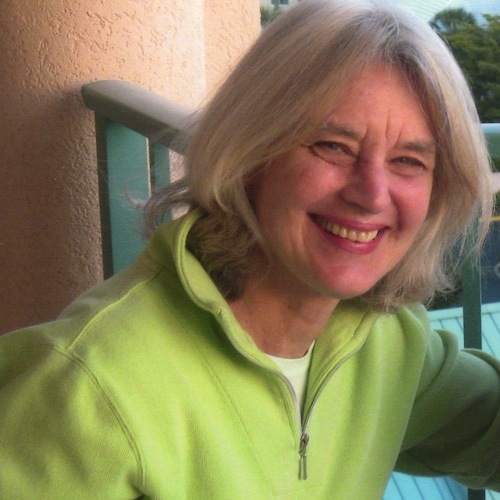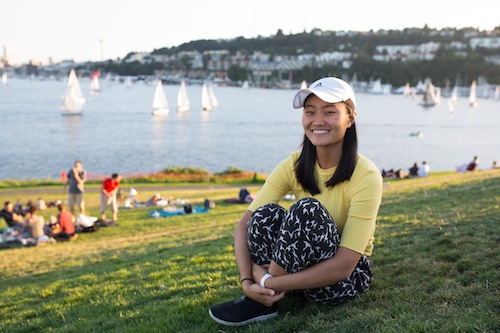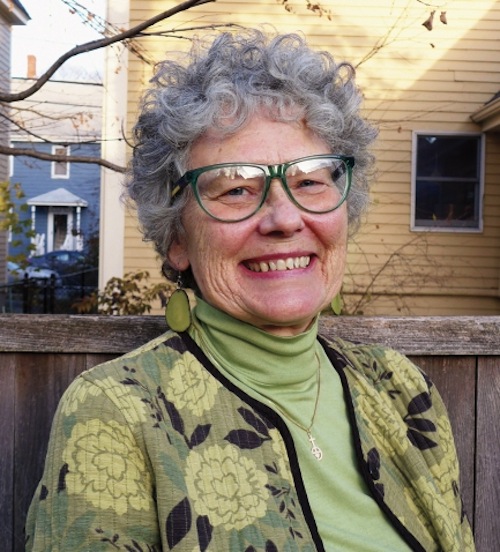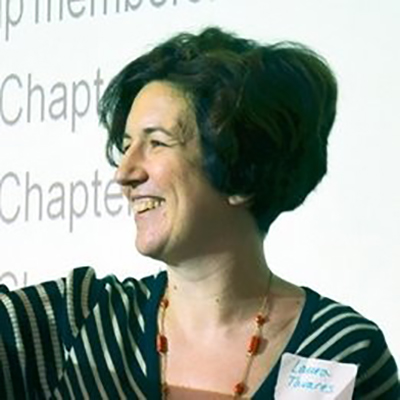Projects for Peace Alumni Award (graduates)

Projects for Peace is a global program that partners with educational institutions to identify and support young peacebuilders and changemakers. Each year, the Projects for Peace Alumni Award will award up to $50,000 to support the continuing peacebuilding efforts of a past Projects for Peace grantee. The Award is made possible through the Kathryn Wasserman Davis Collaborative in Conflict Transformation at Middlebury. Campus application deadline typically in January.
“Detroit has opened my eyes to the role of the built environment in creating a sense of place for its inhabitants.”
“I previously had dreams to be an author, but found myself called by the combination of logic, mystery, and truth in science.”
Careers in Nonprofits
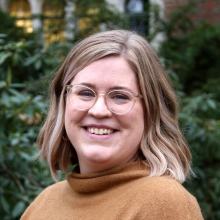
While all nonprofits share a commitment to bettering society in some capacity, they are incredibly diverse in terms of size, focus, and type. In the United States alone there are millions of nonprofits ranging from small, community-based organizations, to cultural and educational institutions such as museums, universities and colleges (like Wellesley!) to large foundations supporting causes around the globe.
Publishing
There are a wide range of opportunities in book publishing. Some departments you may find include: Editorial, Finance, Contracts, Publicity, Art & Design, Production, Information Technology, Marketing/Advertising/Promotions, Subsidiary Rights and Permissions, Sales, Internet Development, Distribution. A rapidly growing trend in the publishing arena is electronic, audio, and new media formats.
Performing Arts
Like most art disciplines, careers in theatre span widely from performance and creative roles to technical positions to administrative functions and even educational and therapeutic professions.
“Listen to your heart and use your head. Math and science ignited my imagination for as far back as I can remember.”
Journalism
Almost every career in journalism begins with writing experience. While many schools offer specialized degrees in journalism, with courses like Feature Article Writing, Digital Storytelling, Investigative Journalism, etc, students can use skills gained from a liberal arts education to prepare for this career In fact, there are very specialized areas of journalism that are advantaged by a background in science, economics, or other disciplines.
Creative Writing
As a practice, creative writing refers to a wide variety of disciplines. Writers who want to publish novels, poetry, short fiction, and creative non-fiction often earn an MFA and support their creative practice by teaching in higher education.
Science Research
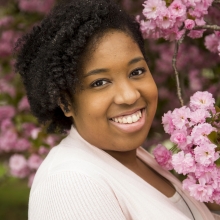
Participating in research experiences as an undergraduate is an excellent way to add depth to your science understanding and actively engage with what you are learning in the classroom. By doing so, you further develop your laboratory, analytical, and problem-solving skills, and you start to build your network with faculty members. Research experiences are valuable components to your resume, and they can make you more competitive for both graduate school and industry opportunities.
On-Campus Recruiting Program Policies (Students)
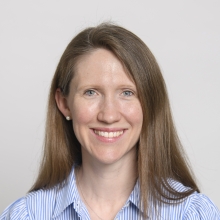
Career Education expects all students to abide by the following rules in order to maintain the success and integrity of Wellesley’s recruiting program.
National Institutes of Standards & Technology Summer Undergraduate Research Fellowship (NIST SURF) (students)

The National Institute of Standards and Technology (NIST) offers Summer Undergraduate Research Fellowships (SURF) at NIST laboratories in Gaithersburg, MD; Boulder, CO; and Waimanalo, Hawaii. The Summer Undergraduate Research Fellowship is designed to inspire undergraduate students to pursue careers in STEM (science, technology, engineering, and mathematics) through a unique research experience that supports the NIST mission. Eligible are currently enrolled undergraduates who are US citizens or permanent residents, majoring in chemistry, computer science, physics, engineering, materials science, fire research, nanotechnology, information technology, mathematics, biology, manufacturing, statistics, or another STEM discipline.
Barry M. Goldwater Scholarship (sophomores and juniors)

Supports one or two years of undergraduate study in the fields of mathematics, engineering, and natural sciences. Eligible are college sophomores or juniors who are US citizens, permanent residents, and nationals intending to pursue research careers in STEM fields. Campus application deadline typically in late November/early December.
Projects for Peace (students)

Created in 2007 by Kathryn Wasserman Davis (Wellesley College '28), the Projects for Peace program offers undergraduates and graduating seniors funding to design a grassroots project for the summer of 2024—anywhere in the world — that promotes peace and addresses the root causes of conflict among parties. Projects may employ innovative techniques for engaging project participants in ways that focus on conflict resolution, reconciliation, building understanding and breaking down barriers that cause conflict, and finding ways to resolve conflict and maintain peace. Any current Wellesley student is eligible to apply. Campus application deadline typically in January.
Churchill Scholarships (seniors & graduates)

Supports one year of graduate study (including one-year research degrees) in science, mathematics, or engineering at Cambridge. Eligible: graduating seniors and recent graduates of Wellesley College who are US citizens with majors in appropriate STEM fields. Campus application deadline typically in early October.
“From the beginning, my career mentor was there to brainstorm, encourage, and motivate me to pursue an internship that aligned with my interests.”
“She said, ‘If you could do anything in the world, what would you be?’ I immediately said, ‘A nurse, but it’s too late.’ She said, ‘No it’s not.”
“In a given week, I might be working with our program staff who are based around the US, Canada and the UK to design learning experiences for teachers; meeting with partner organizations to plan collaborative projects; consulting with filmmakers or scholars who want to reach students; or researching and writing about challenging issues for educators.... It’s probably unusual to stay at one place for so long, but I’ve always been able to answer ‘yes’ to a few key questions: Am I learning? Is my world getting bigger? Is my work making a difference?”



